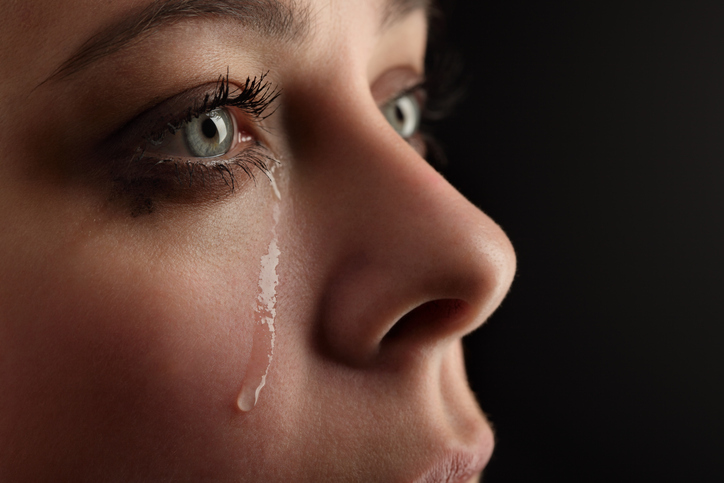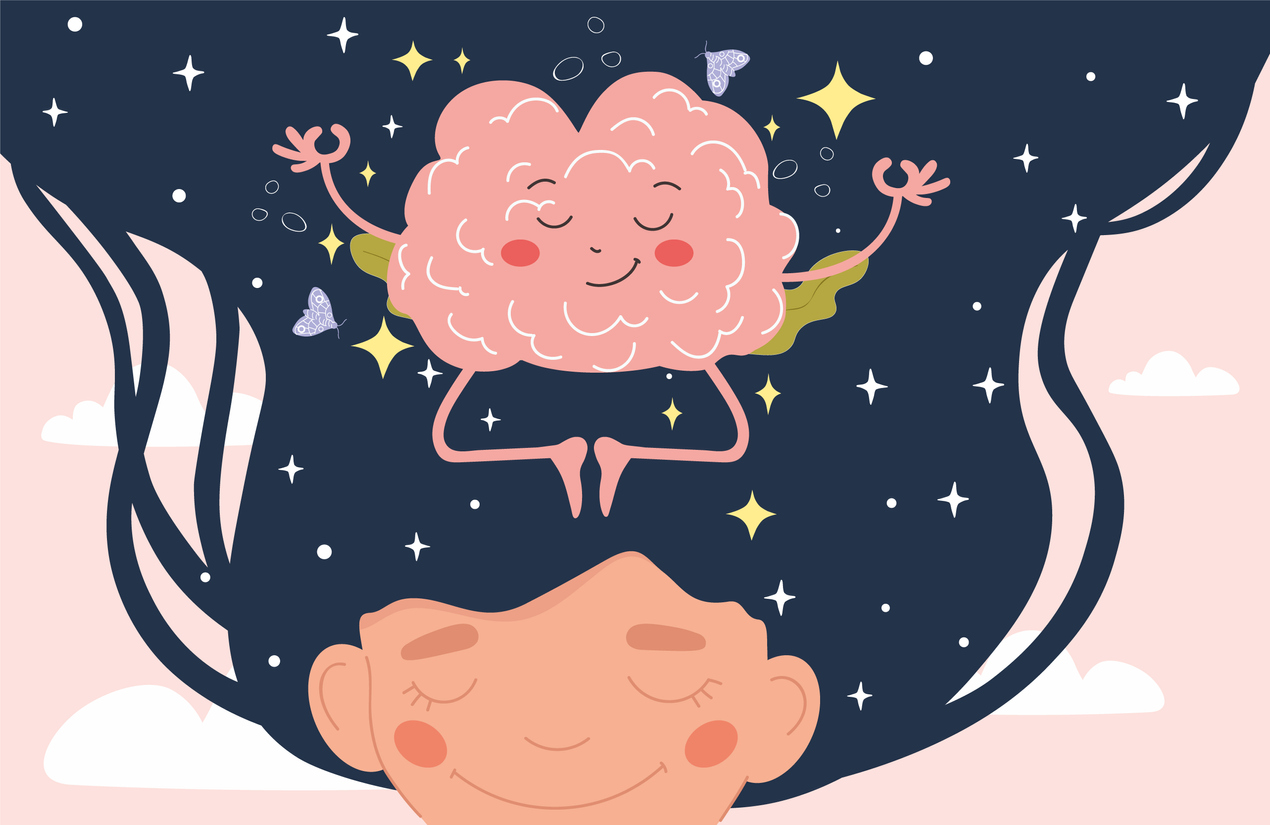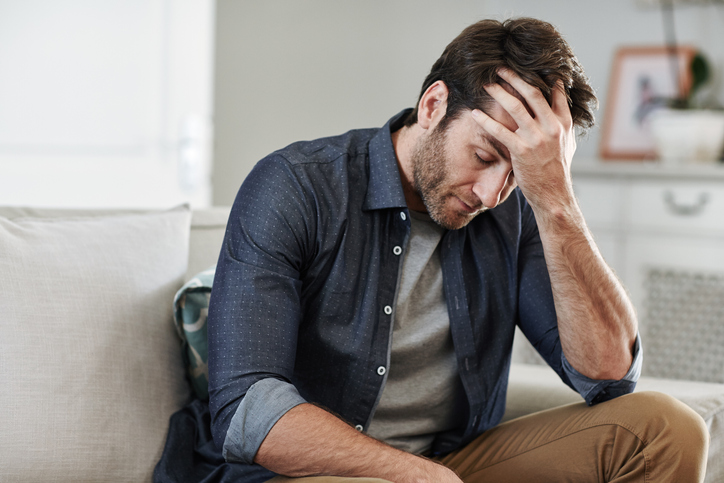Living with Chronic Pain
The Link Between Chronic Pain and Depression

Chronic pain often causes feelings of sadness, anger and frustration. Due to the nature of chronic pain, social isolation, work issues, sleep disturbances, loss of independence, or financial problems can lead to low self-esteem, anxiety and depression. It is often a vicious cycle — pain causes heightened symptoms of depression, and depression causes increased pain sensitivity. An estimated 30 to 50 percent of people with chronic pain also have a mood disorder, such as depression or anxiety.
Neurotransmitters
Some of the same neurotransmitters and nerve pathways in the brain and spinal cord are associated with both depression and chronic pain.
Activity levels
When dealing with chronic pain, it is often difficult to maintain an active lifestyle. Physical activity releases feel-good endorphins which can lower pain levels; however, lack of the release of these endorphins can increase pain levels. Depression can cause physical symptoms to increase and create unexplained symptoms, such as back pain or headaches. Unfortunately, lack of activity also causes a higher susceptibility to other injuries and health conditions.


















